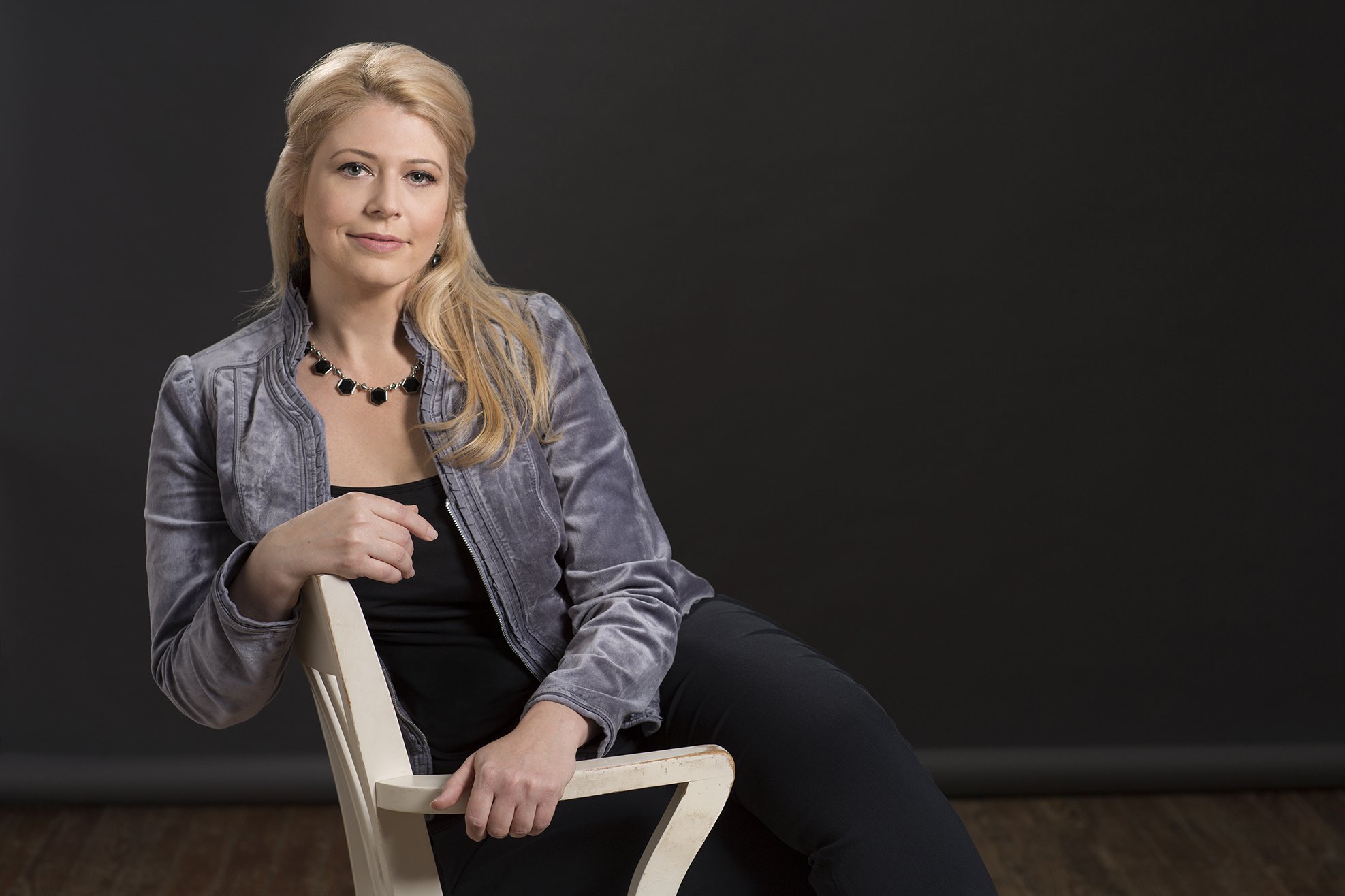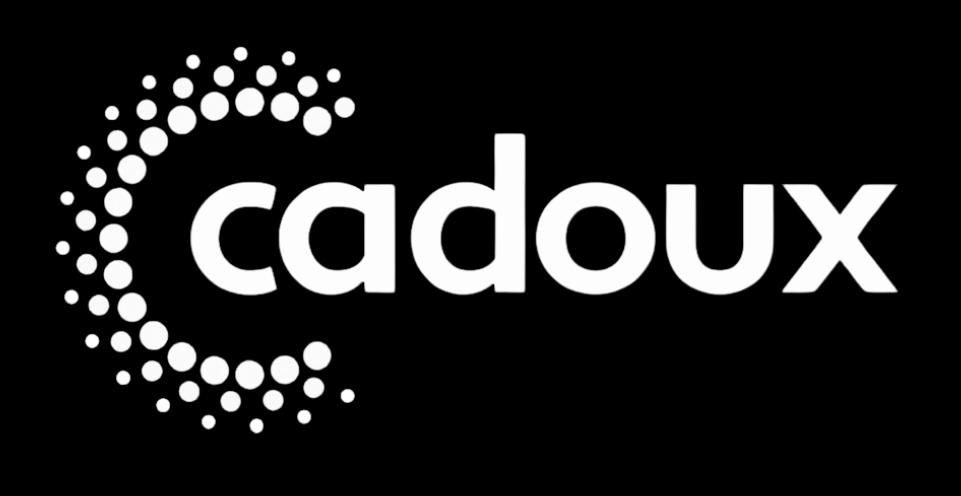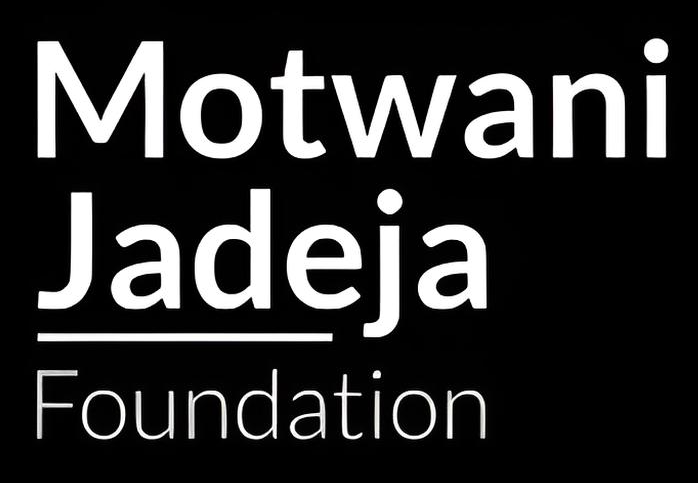How a Female Visionary Plans to Diversify the Film Industry
Dana Brawer is an ambitious, hard working businesswoman and writer. She is an honors graduate from New York University Tisch School of the Arts, Film, and TV with a concentration in directing, editing and screenwriting. She has worked with Paramount Pictures, FremantleMedia, Cinetic Media, MTV, and “The Colbert Report.” Brawer is currently working as a writer’s assistant and editor in Los Angeles while simultaneously focusing on projects of her own. Brawer agreed to set up an interview with the World Woman Foundation in order to share her stories and brilliant insights with the world.
World Woman News (WWN): When did you know that film was something you wanted to pursue? In other words, what attracted you about film?
Dana Brawer (DB): Before I could even hold my head up on my own, my parents were taking me to the theater to see movies. I don’t think I could have avoided a career in entertainment if I tried. I loved the way films could transport me to another place, both mentally and emotionally. I’ve always felt that watching or reading or listening to a good story is one of the best ways to find truths in our lives, and I wanted to inspire people the way great films did for me.
WWN: Tell us a little bit about “The Red Card.” Congratulations on all the success!
DB: The Red Card is a short film that I wrote and directed at NYU. Sam, an outsider in her high school, is finally invited to the most secretive party of the year. [But] When the party spirals out of control, Sam is confronted by a disturbing side of her date and her peers that she never expected. I’m proud to say the short has screened in various international film festivals and won multiple awards. Our next two stops are Catalina Film Festival on September 26 and Santa Fe Independent Film Festival on October 17!
WWN: Your website states briefly the overarching goal of “The Red Card.”However, in terms of a plot line, from where did you draw your inspiration?
DB: I wanted to tell a realistic story about high school that didn’t fall into cliché: no one getting slammed into lockers, no stereotypical jocks or geeks. However, when I started to think about the more realistic aspects of high school, I came to the realization that the high school experience for a lot of young women in the U.S. contains some instance of sexual assault, even if it’s not as clear-cut as Sam’s experience in “The Red Card.” Not a lot of people like to talk about kids in high school having sex, and even fewer people want to discuss rape and sexual assault among high school students since there’s often such a denial about kids that age even engaging in sexual activity. So, although my original intention was simply to tell a realistic high school story, I felt I was a good person to tell a story about rape culture in US high schools in a sensitive, honest, and non-exploitative way. With so many rapes on college campuses coming to light, I thought it was important to address the problem where it really begins for most people: high school.
WWN: On your website, you say that “The Red Card” was inspired partly by the desire to diverge from the often formulaic and corny films that saturate the film industry. Why do you think films often follow a sometimes-predictable formula and why do so few opt to travel in the opposite direction?
DB: As soon as studios find a plot line or a topic that makes money, executives think that by using similar plot lines or topics, it’s likely to work again. As an investor, it makes sense to want to invest in something that has a precedent of making money. It’s sometimes harder to invest in something new and innovative since there’s less of a guarantee in the investors’ eyes that it’ll make money. Don’t get me wrong– there are absolutely some formulas in storytelling and filmmaking that work. However, I think filmmakers and executives are often so caught up in working within those formulas and guidelines that it doesn’t allow for genuinely inspired and inspiring content to be born.
WWN: Following that, do you think that female leads are often represented as one-dimensional? If so, why?
DB: Most content in film and TV is written by white males who potentially feel most comfortable writing about white male characters. And, circling back to formulaic filmmaking, studio executives and investors often think that stories centered around women are movies for women, and for women only, since traditionally most protagonists in films have been male. That’s quickly becoming a dated school of thought, but the idea that female protagonists will only draw a female audience actually does have some deep roots. So, males are writing most of the characters that make it to the screen (i.e. other males), and then they’re being encouraged to write about other male characters because executives think male protagonists will sell more tickets. I’m not saying males can’t write great female characters, or that females can’t write great male characters. Great writers write great characters. I just don’t think we’re putting enough value on developed female characters. In the past few years though, both in independent filmmaking and within the studio system, wildly successful films with developed female leads like Bridesmaids and The Hunger Games, are demonstrating that good movies are moneymakers regardless of the gender of the protagonist.
WWN: If you had a magic wand and could somehow rectify aspects of the film industry that you don’t agree with or perhaps feel need some change, in what ways might you approach this?
DB: I’d use a magic wand to create more diversity in filmmaking. I think that’s the biggest aspect of the film industry that needs change, and I think it’s great that people both inside and outside the industry are beginning to bring conversations about a need for racial and cultural and gender diversity in filmmaking to the media forefront. Without diversity, we will continue to fall into the same clichés and see the same films about the same communities that we’ve seen for decades, while [we portray] those groups not represented in the industry with a potentially dishonest and detrimental lens. I’d also use a magic wand to make the film industry more sustainable. Like most industries, we need to seriously re-think the way we’re affecting the planet with our actions and consumption, and the film industry is historically extremely wasteful. Luckily, there are companies and organizations like Earth Angel, founded by fellow NYU alumna Emilie O’Brien, that are committed to making film, TV, and commercial productions as sustainable as possible by removing plastic water bottles from sets, building sets out of only sustainably sourced wood, donating uneaten meals at the end of the day, monitoring fuel consumption and providing more eco-friendly alternatives, etc.
WWN: Do you think being a woman shapes your outlook and position in the film industry? If so, how?
DB: Being a woman in the film industry, I definitely feel like I often have to work twice as hard as my male colleagues to prove that I know what I’m doing. When I go to film festivals, or even networking events, and I mention that I’m a writer/director, I’m repeatedly met with a shocked response. “Oh, you’re a director? Good for you.” But when male associates state that they’re directors, it’s to be expected. I’m not trying to simply complain about the state of affairs in the film industry. I’m used to working hard, and I’ll continue to make films and hire other women on my film sets to help prove that women are just as capable and talented as men in every department of filmmaking.
WWN: For young girls who aspire to be actors, producers, directors etc., what advice might you offer them? What do you wish you knew when you were first starting out?
DB: The advice that helped me the most in my career came from a reader at Paramount who told me that if I wanted to stand a chance of becoming a professional screenwriter, I would have to write every day. Every single day. To become an expert at anything, screenwriting, editing, acting, cooking, welding, sewing, you have to try to practice every day because if you don’t, someone else will, and they’ll probably get the gig you want. As for advice for young girls specifically, I do wish I knew how much harder it would be for me as a woman in film. Again, I’m not trying to simply complain or be cynical, but I don’t think I realized how unequal the representation of the sexes in filmmaking was until I was deep into the industry. But I think the advice remains the same– practice your craft and keep working. Don’t let anyone’s rude comments, insensitivity, or judgments deter you from continuing to work hard, and don’t be afraid to speak up if you feel something is unfair.
WWN: What are some goals you hope to achieve in your career or dreams you would like to realize?
DB: My main goal as a filmmaker is to be able to continue to tell stories that affect people in a positive way. I know that might sound trite, but it’s true. If I could make films for the rest of my life that continue to challenge people and inspire people and create pockets of positive change, I’ll know I’ve made it to the big time. My hope is that by continuing to work in film as a female director, and continuing to hire other women in film, by the end of my lifetime there will be a more equal representation of women in this industry; the term ‘female director’ will be a throwaway. Directors will be directors, and successful female directors won’t be such a rarity.
WWN: What are some projects you are currently working on/are in the pipeline?
DB: I’m currently working on a really exciting horror/sci-fi project with Jeff Buhler who co-wrote the story with Steven Goldmann before Steven passed away. I’m writing the screenplay based on a powerful and unique novella.



































